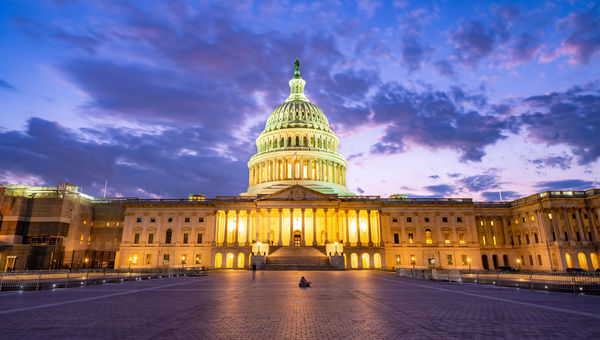In 2021, the travel industry will be laser-focused on relief.
The U.S. travel sector came together in 2020, perhaps as it never had before, to demand that Congress wake up to the outsize suffering of the industry due to the global Covid-19 shutdown.
It took far too long, but Congress finally came through at the 11th hour to pass a nearly $1 trillion economic relief bill on Dec. 21, establishing among other things a $300 per week supplemental jobless benefit, $600 in direct stimulus payment to most Americans and another round of Paycheck Protection Program funds.
As much as it will help, travel industry leaders say the businesses they represent, among the most hard hit by the pandemic, will need more.
According to the U.S. Travel Association, 4.5 million travel and tourism jobs were lost in 2020. While calling the second round of relief "much needed," CEO Roger Dow said more will be needed to restore those lost jobs.
"The process that produced this agreement is hopefully a positive sign for what will be possible to achieve in the next Congress," Dow said.

The U.S. Capitol building. Photo Credit: Credit: ItzaVU/Shutterstock.com
U.S. Travel cheered the legislation for expanding eligibility to include the destination marketing organizations that promote travel and tourism, which were left out of the first round.
ASTA CEO Zane Kerby also commended Congress for having "finally done its job," but he agreed that "more support for our members beyond this bill will absolutely be needed."
ASTA said in November that 73% of travel agencies predict that they will be out of business in six months or less without additional federal assistance.
The travel industry is in dire straits. Although 2021 will, all hope, be a year of recovery, a recent study done for U.S. Travel projects that the $1.1 trillion that domestic and international travelers spent in this country in 2019 won't be matched even by 2024, the furthest out the Oxford Economics forecast goes.
In 2021, the industry will look to the government to give people both the confidence and incentive to travel again.
U.S. Travel and ASTA are advocating for a set of clear protocols and standards for travel so that people feel safe getting out of their houses. They are also calling for consistency when it comes to domestic and global travel restrictions and for the U.S. government to work with its counterparts across the globe to restore cross-border travel.
As Eben Peck, ASTA's executive vice president of advocacy, put it, "Securing additional financial relief from the government for our members and helping the travel industry as a whole recover is going to be our top priority for the next several years."